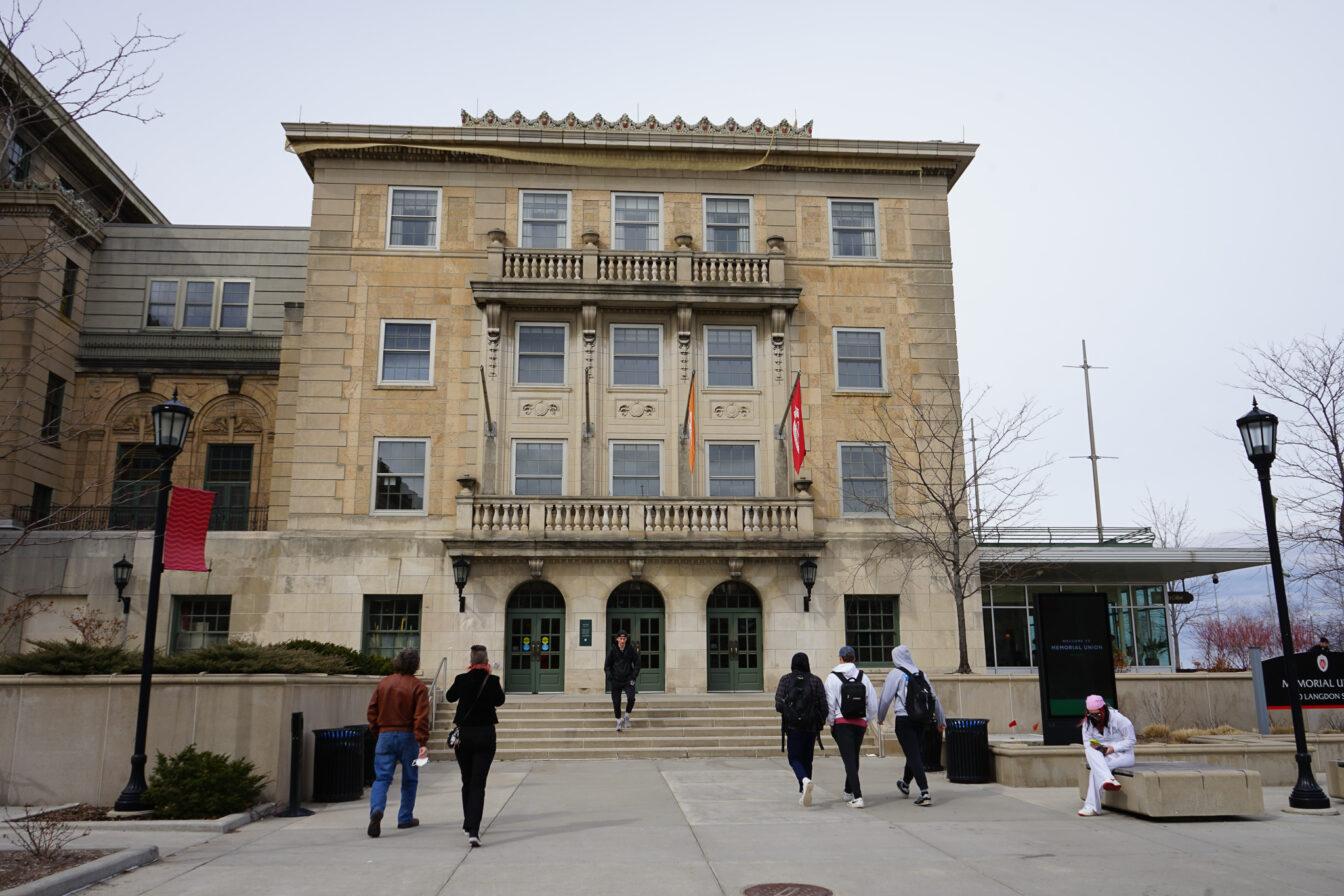Voters were turned away from Memorial Union for at least an hour-and-a-half during the April 2 election, causing an extension of voting hours until 9:30 p.m., according to the City of Madison.
Front desk staff were told by the building manager that no voting was taking place at the location and all voting signs were either put away or turned towards the wall, according to University of Wisconsin student and District 8 Alder MGR Govindarajan.
Govindarajan reported the issue to the Chief Inspector, who works for the City of Madison Clerk’s Office, around 3:45 p.m. The issue was resolved by 4:15 p.m.
“There was at least an hour and a half where the front desk staff were turning people away from the polling location, so several students could have been affected and basically disenfranchised in a way,” Govindarajan said.
A judge can be petitioned to extend polling hours if the polling location was closed in some way, inhibiting voters from casting their ballots, according to City of Madison Attorney Michael Haas.
Haas has worked in elections in Wisconsin since 2008, but said this is the first case where there has been a request to extend polling hours even though the polling location was not technically closed.
On the occasion a petition is filed and there are partisan elections going on, the main two parties are notified and given the chance to object, according to Haas.
If all three parties involved in the situation — the City of Madison, the Republican Party of Wisconsin and the Democratic Party of Wisconsin — agreed to the extension, it would be granted without a hearing. The Republican Party, represented by attorney Kurt A. Goehre objected to the extension, as the polls were not actually closed, Haas said.
Goehre has represented the Republican Party in a number of election related cases, such as Teigen v. Wisconsin Elections Commission, relating to ballot boxes in Wisconsin and Feehan v. Wis. Elections Comm’n, in which former President Donald Trump claimed election results in Wisconsin were fraudulent and should be decertified.
After a hearing, where Govindarajan testified as a witness that students were inhibited from casting their votes, Judge Ryan D. Nilsestuen granted the extended hours for Wards 60 and 134.
Wisconsin is a significant swing state especially in terms of the presidential election, with the winner of Wisconsin going on to win the White House the past four presidential elections, according to U.S. News.
All ballots cast after 8 p.m., the normal time polls close, were marked with 6.96 to indicate this abnormality in case the case is later overturned, according to Haas.
“Obviously the hearing was really brief, we didn’t have the opportunity to have a lot of witnesses with first hand knowledge there,” Haas said. “In some cases, a court could, if someone requested another hearing, a judge could reconsider all that new evidence, decide ‘I really shouldn’t have issued that order’ and then we would be able to identify which ballots … were cast after eight o’clock.”
“The university and City Clerk’s office have received unverified reports related to polling locations on campus that may have temporarily affected the ability of residents to vote,” UW spokesperson Kelly Tyrell said in an email statement to The Badger Herald. “Officials are in the process of identifying what happened. Out of an abundance of caution, the City of Madison obtained court approval to extend voting hours until 9:30 p.m. in Madison Ward 60 and Madison Ward 134.”
Historically, the student vote has been known to help swing elections, evidenced by the Supreme Court election last April which had a high student turnout, most of which went to the elected judge, Janet Protasiewicz according to WPR. The error caused by the miscommunication between Union workers kept students from casting a vote for at least an hour and a half, though it could have been a longer time frame, according to Haas.
“I think the thing I really want to highlight here is, Wisconsin is known to be one of the most difficult states for students to be able to vote in,” Govindarajan said. “We are not able to vote using our student IDs, for example, we have to get a completely separate paper for that which expires every year. Wisconsin, on purpose, the legislative body has made it very difficult for students to vote.”


